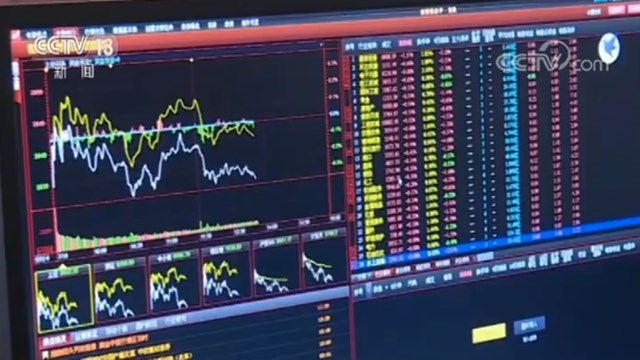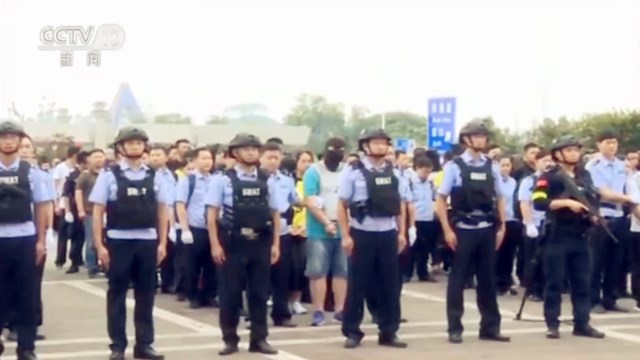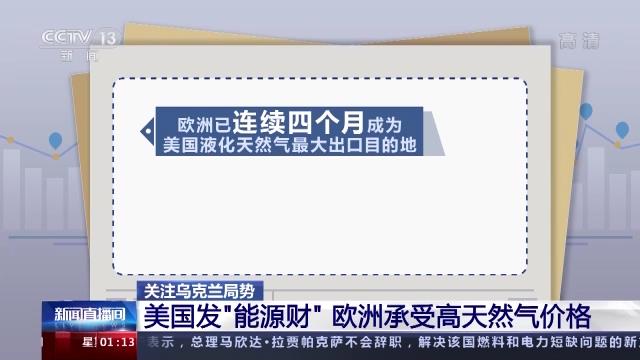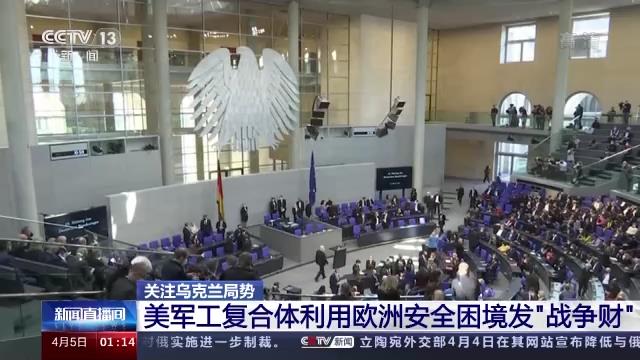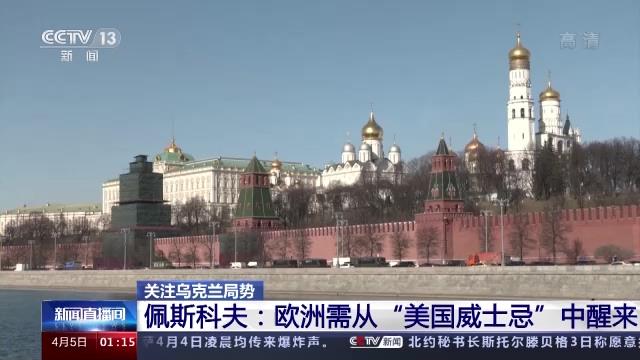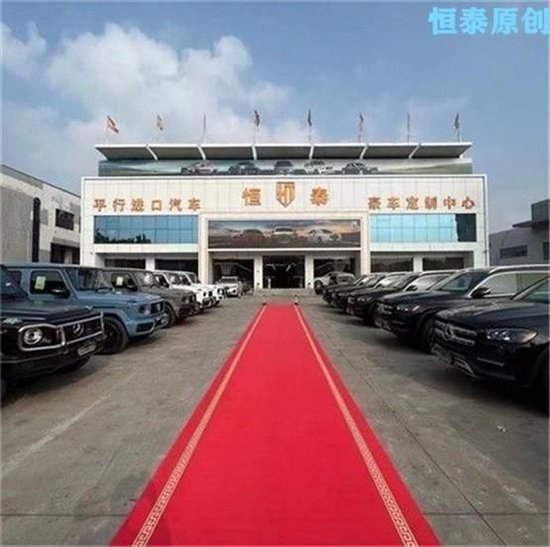Someone has been recruited again! This kind of subsidy is really not available.

Chinese New Year is coming soon.
Many employees are most looking forward to it.
It is the distribution of various bonus performance.
If at this time, your mailbox
Received an email from the personnel department about "salary subsidy"
And added that we should abide by the salary confidentiality system.
Do not tell other colleagues.
What was your first reaction?

"After receiving the notice from the relevant departments, the personal labor subsidy has started to be distributed. Please scan the code yourself within 24 hours, and it will be considered as giving up if it is overdue!"
On the morning of January 24,Mr. Li received an email from the human resources department of the company.At this time, the time limit for collection was less than one hour. He had no time to think about it and immediately scanned the code.
After scanning the code, Mr. Li entered the name"2024 Ministry of Finance Subsidy Application Certification Center"Page, the article lists the so-called
"the latest subsidy project",It involves 7 items, including medical expenses for major diseases, house purchase and cost of living allowance.
However, after entering the identity information according to the prompt, what he waited for was not a subsidy, butBank card consumption is 17,589 yuanShort message.
On the same morning, Mr. Guo, a colleague of the company, used the same method.Was cheated out of 5000 yuan.

What happened to Mr. Li is not a case. Since this week, many employees have received fraudulent emails or notices of "receiving subsidies" and "tax refund"Apply for salary subsidies by yourself,or
Under the banner of the Ministry of Human Resources and Social Security, the Ministry of Finance, the Taxation Bureau and other departments, social security subsidies are distributed and tax rebates are handled.
At the end of the year, the tactics were upgraded again.The distribution of bonus performance has become a new guise of fraud.
On January 23, not long after Mr. Liu went to work, he found a letter in the corporate mailbox."apply for tax refund"E-mail, which mentioned that after the successful application, 30% of the tax paid in the past three years can be refunded, and specially marked.
Copy that. Keep quiet.
He clicked on the link, entered all the information and found the bank card.39,150 yuan was brushed away.

Step 1: Masquerade as "one of our own" and send e-mails.
The suspect first broke into the enterprise mailbox by technical means, and then sent a false notice in the name of the personnel and financial departments to induce employees to fill in information such as ID number, bank card number, reserved mobile phone number and card balance.
Step 2: the content is concise, and every sentence hides the routine.
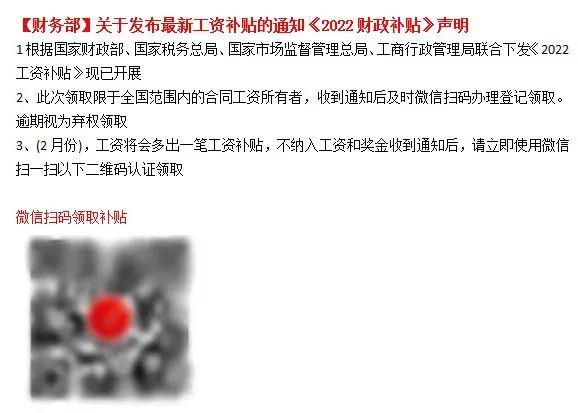
Because the salary income belongs to private information, many companies have confidentiality regulations on the salary income of employees, so even if they receive an email, they dare not easily check with the financial department. This makes it easier for criminals to get it.
Step 3: Phishing websites get information and steal it.
When you think that you are receiving subsidies in operation, you are actually filling in personal information on the phishing website designed by the scammer: name, ID number, bank card number, mobile phone number, verification code, etc., which will be synchronously monitored by the scammer in the background, and then the funds in the bank card will be stolen through these information.

Government services will not be reminded by mail.Be careful when you encounter unknown links and QR codes.
You don’t need to tell the balance of the card when you receive all kinds of subsidies as an account-receiving transaction. If the other party further asks for the SMS verification code, it can basically be considered as fraud.
When you receive a suspicious email, you can call the anti-fraud hotline 96110 for help. Once you encounter online fraud, you should keep evidence materials such as transaction records and call the police for help in time.
]


























